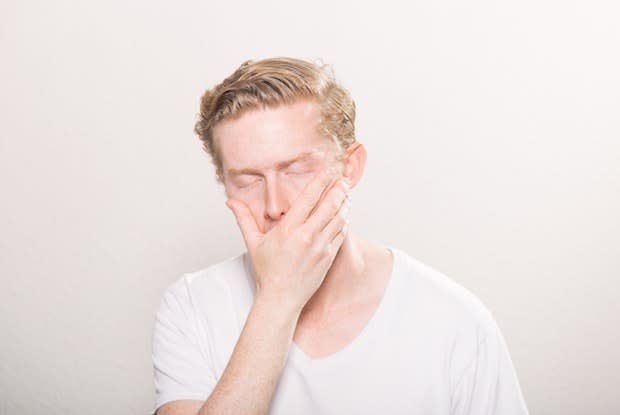Table of Contents
b. Potassium Sparing Diuretics
III. Common Side Effects of Diuretics
IV. Serious Side Effects of Diuretics
What are Diuretics?
Diuretics are a common type of medication used to treat high blood pressure (hypertension). Diuretics are also known as water pills and remove salt and water from the body by greatly increasing your amount and frequency of urination. These medications are usually one of the first treatments used to treat high blood pressure. However, they can also be prescribed to prevent or improve the symptoms of other conditions, including heart failure, kidney stones, liver failure, and edema. [1]
Different diuretic medications treat high blood pressure in different ways. However, most water pills work by allowing the kidneys to release higher amounts of sodium (salt) into your urine. When this occurs, the extra sodium helps remove more water from the blood. This, in turn, decreases the amount of fluid that is in your bloodstream, lowering your blood pressure to a healthy level. [1]
Keep reading to learn more about diuretic medications, including the three different types of diuretics and the side effects of taking medications such as indapamide (Lozol), spironolactone (Aldactone), and Bumetanide (Bumex). There are three main types of diuretic medications. Different diuretics affect different areas of the kidneys. Your doctor will prescribe the most suitable medication for you. This will be based on your general health and the reason that you need to take a diuretic. Thiazide diuretics are the most commonly prescribed form. [2] Thiazide diuretics include indapamide (Lozol) and hydrochlorothiazide (Hydrodiuril) and are often taken alongside other medications to treat high blood pressure. Not only do thiazides reduce the amount of fluid in your blood, but they are also the only diuretic that helps your blood vessels to relax, which also helps lower blood pressure. Common potassium-sparing diuretics include spironolactone (Aldactone) and eplerenone (Inspra). These drugs also help reduce the levels of fluids in your body. However, unlike other diuretics, potassium-sparing diuretics do not cause you to lose potassium in the process. Reducing levels of potassium can cause several health problems for those already at risk of low potassium levels. However, potassium-sparing diuretics are not as effective at lowering blood pressure as other diuretic medications, so they may be prescribed alongside other blood pressure medications. Loop diuretics are also known as loop-acting diuretics. Bumetanide (Bumex) and furosemide (Lasix) are common loop diuretics. As well as high blood pressure, loop diuretics are commonly used to treat a range of other conditions, including heart failure and edema. When medications are first manufactured, the goal of the treatment is to treat or prevent a specific medical condition. Almost all medications can cause unintentional side effects. Before prescribing any medication, doctors will consider if the benefit of the medication outweighs any potential negative side effects. There are several factors that can affect the range, severity, and frequency of side effects. These factors include the patient’s general health, age, organ function, and alcohol intake. [3] Older people may be more sensitive to the side effects of diuretics, especially fainting or dizziness caused by dehydration. The most obvious side effect of taking a diuretic is more frequent urination for several hours after taking the medication. [4] Common side effects of diuretics include: As well as these obvious side effects, water pills can also cause common side effects that are harder to detect. Although these side effects are not as obvious, they can be just as serious. These include: As well as the above symptoms, diuretic pills may also cause more serious side effects. These effects are less common. However, if you experience any of the following side effects, then you should seek immediate medical assistance: The content in this article is intended for informational purposes only. This website does not provide medical advice. In all circumstances, you should always seek the advice of your physician and/or other qualified health professionals(s) for drug, medical condition, or treatment advice. The content provided on this website is not a substitute for professional medical advice, diagnosis, or treatment.
Types of Diuretics
a. Thiazide Diuretics
b. Potassium-Sparing Diuretics

c. Loop Diuretics
Common Side Effects of Diuretics

Serious Side Effects of Diuretics
